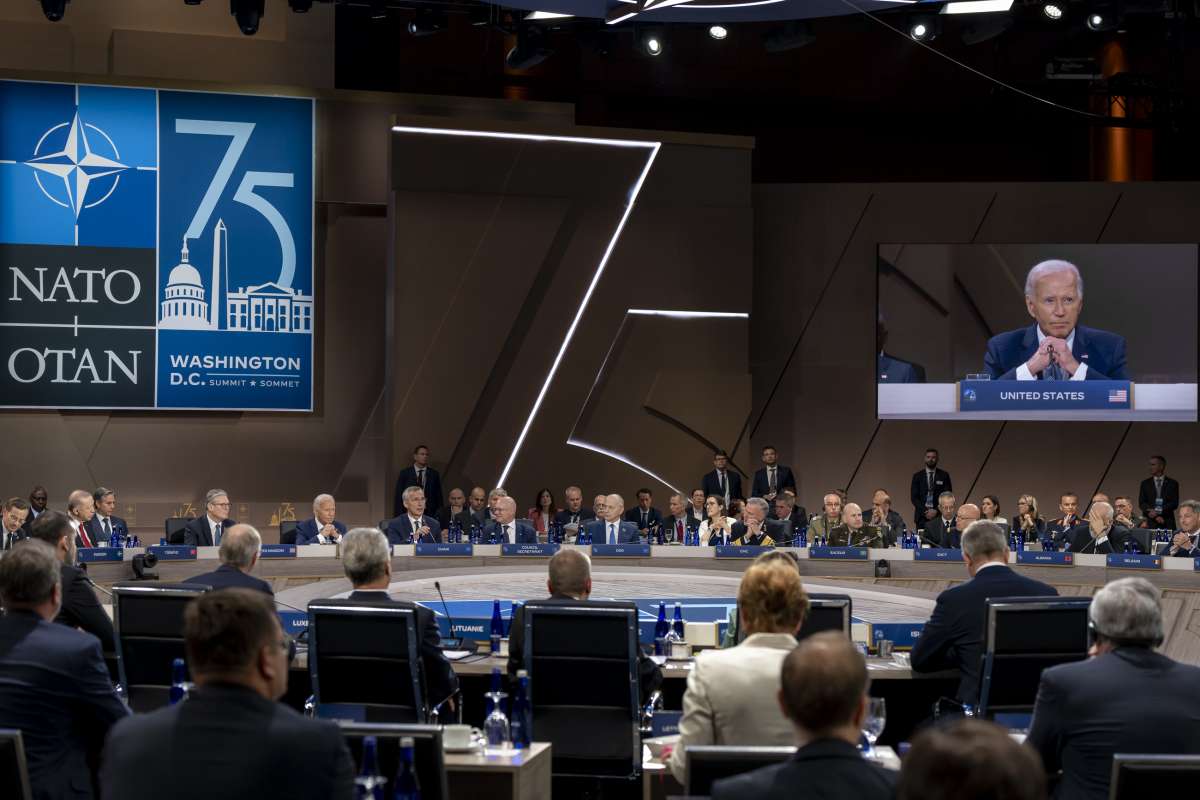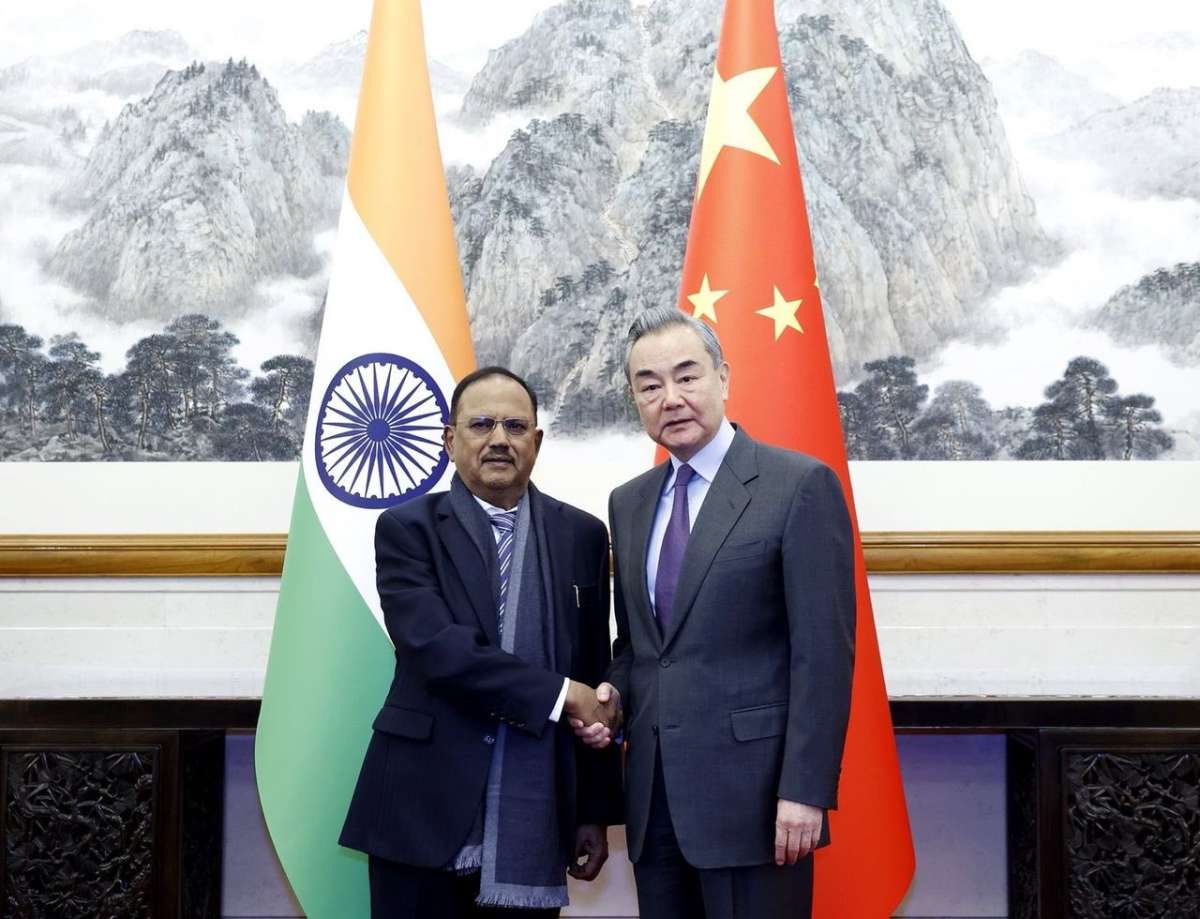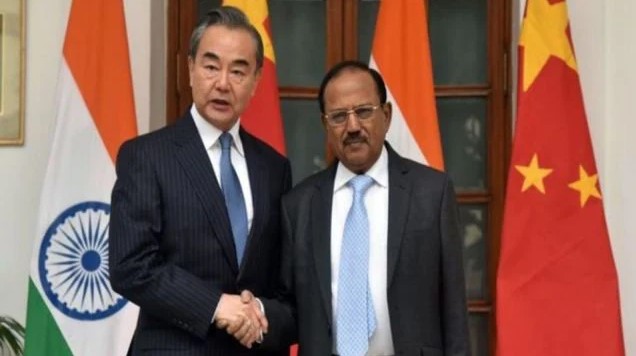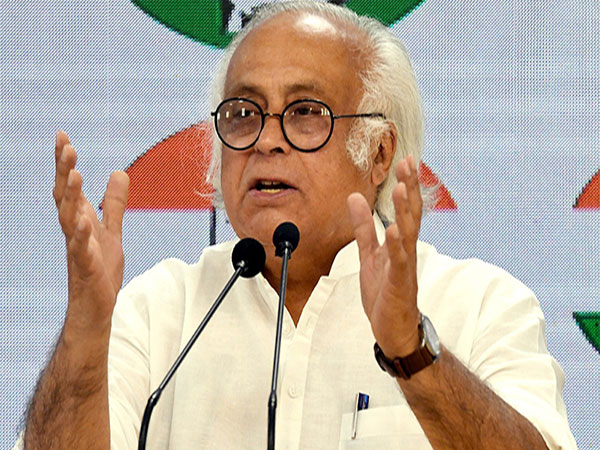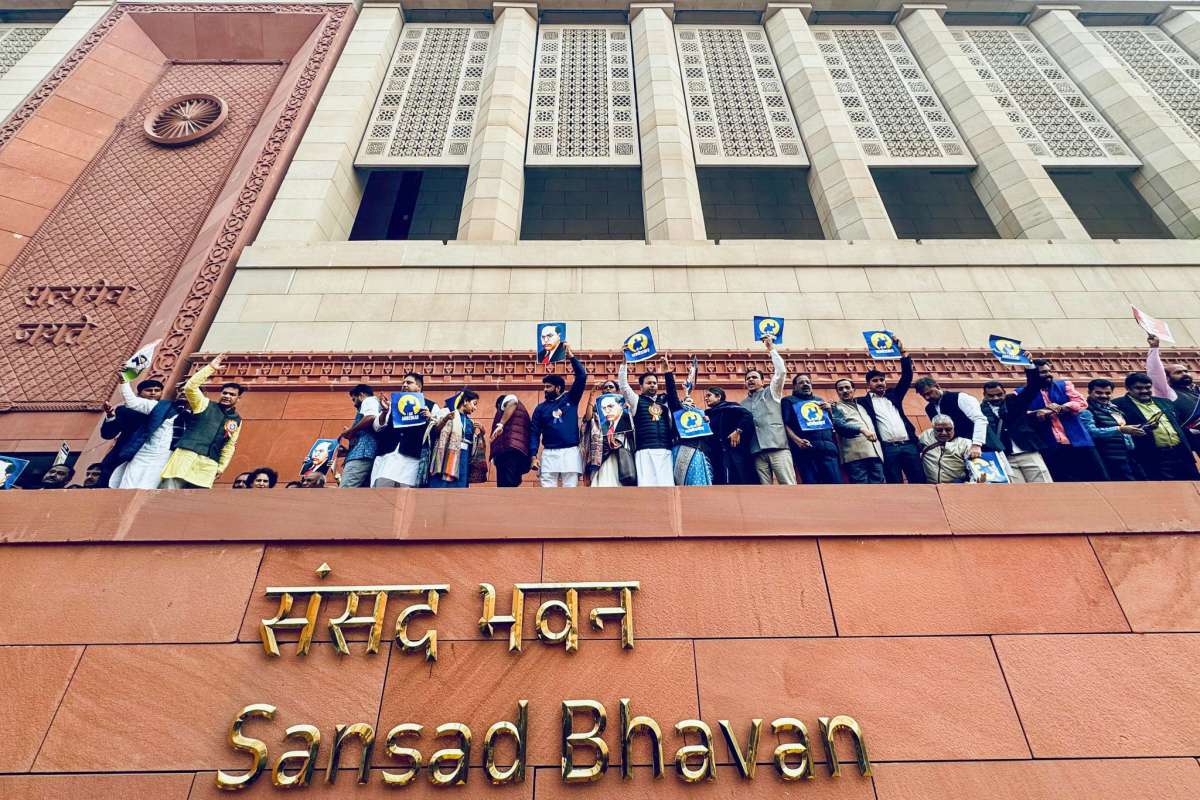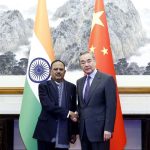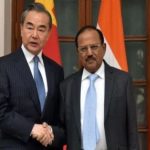US National Security Advisor Jake Sullivan said the goal is to “harness the unique strengths” of democracies to address shared global challenges…reports Asian Lite News
China and NATO are trying to deepen cooperation with ‘like-minded’ countries in the Indo-Pacific and Europe, which several analysts see as part of growing competition between the United States and China, Voice of America (VOA) reported.
This comes following the NATO Summit in Washington, which announced deeper cooperation with allies in the Indo-Pacific.
“[The latest development] is a standard major power competition,” Ian Chong, a political scientist at the National University of Singapore said.
These efforts are aimed at “finding out where are their friends and who can support their efforts,” he said. “[But] it’s pretty clear that the competition between major powers is intensifying,” he said.
During its annual summit in Washington, NATO announced it would launch four new joint projects with Japan, South Korea, Australia, and New Zealand. The projects will focus on deepening cooperation with the four Indo-Pacific countries on Ukraine, artificial intelligence, disinformation, and cybersecurity.
US National Security Advisor Jake Sullivan said the goal is to “harness the unique strengths” of democracies to address shared global challenges.
Beijing hit back at NATO, accusing the bloc of “inciting bloc confrontation and hyping up regional tensions” by engaging with countries in the Indo-Pacific region.
Instead of expanding its footprint to the Indo-Pacific region through these joint projects, some experts say NATO is trying to involve more like-minded countries in the process of building up competencies in critical areas of competition.
“These are core areas that will shape military and other forms of competition moving forward so NATO wants to establish more cooperation with like-minded democracies,” said Stephen Nagy, a regional security expert at the International Christian University in Japan.
Since NATO has labelled China as “the decisive enabler” of Russia’s war against Ukraine, Nagy said the alliance is trying to show Beijing that it won’t back out of the global competition in key areas.
“NATO is signalling to China that they can be part of the solution, or they would be part of the problem,” he said.
On the other hand, Japan’s Foreign Press Secretary Maki Kobayashi said that while Tokyo has been working closely with NATO member states, these efforts shouldn’t be viewed as an attempt to establish a NATO in Asia.
Meanwhile, as the US and its NATO allies aimed to strengthen cooperation with Indo-Pacific countries through the summit in Washington, China is also beefing up military cooperation with Belarus and Russia.
On Monday, China initiated an 11-day joint military exercise near the border of Poland with Belarus, the newest Shanghai Cooperation Organization (SCO) member. Although Beijing has insisted that the exercise wasn’t targeting any country, some analysts are of the opinion that the move is Beijing’s response to NATO’s growing interest in Asia, as reported by VOA.
In addition to the military exercise with Belarus in Europe, China also announced Friday a joint naval exercise with Russia in waters near the southern city of Zhanjiang.
Stephen Nagy in Japan said Beijing is trying to show its displeasure toward NATO’s efforts to strengthen ties with Indo-Pacific countries.
“China is signalling to NATO member states that they can cause headaches for them in their region or regions that matter to them,” he said.
Apart from closely aligning the dates of the two military exercises with the NATO Summit, China also used last week’s SCO Summit in Kazakhstan to uphold its “no limits partnership” with Russia and promote the alternative world order that it has been championing in recent years, VOA reported.
Some experts believe that even though SCO isn’t an alliance with a common goal, China will still try to use it as a platform to “build its own blocs” to counter NATO and dilute Western influence.
“China is strengthening these arrangements through bilateral agreements and strategic partnership, which often include security,” Sari Arho Havren, an associate fellow at the Royal United Services Institute said. (ANI)
